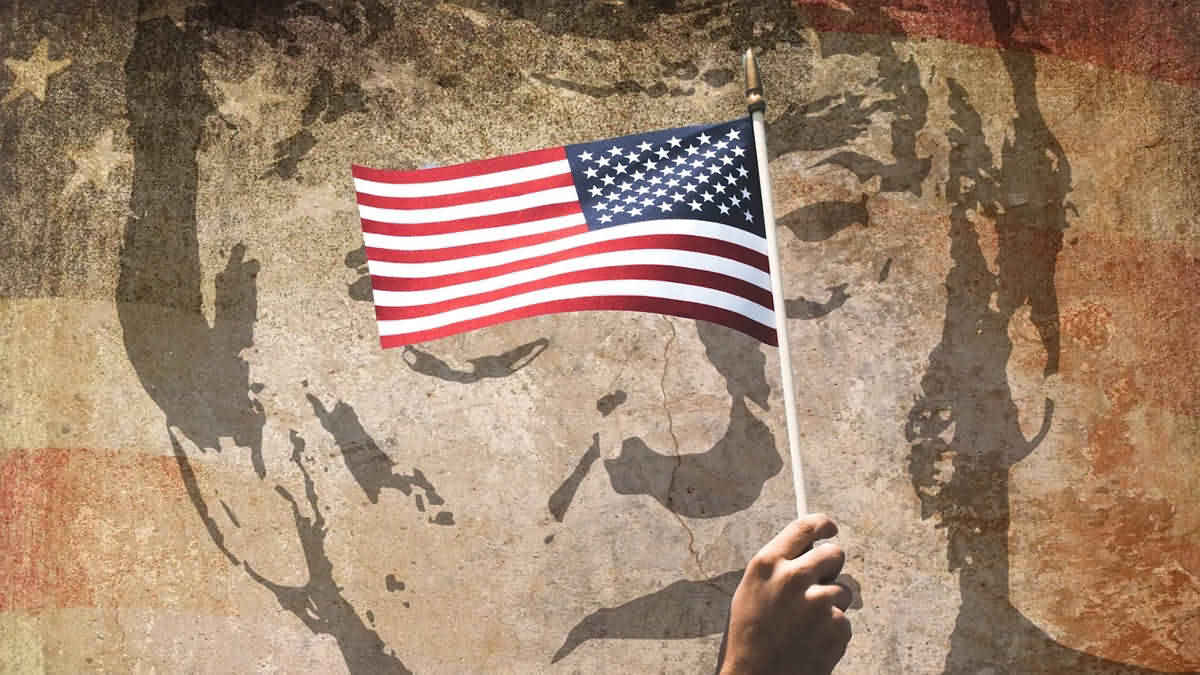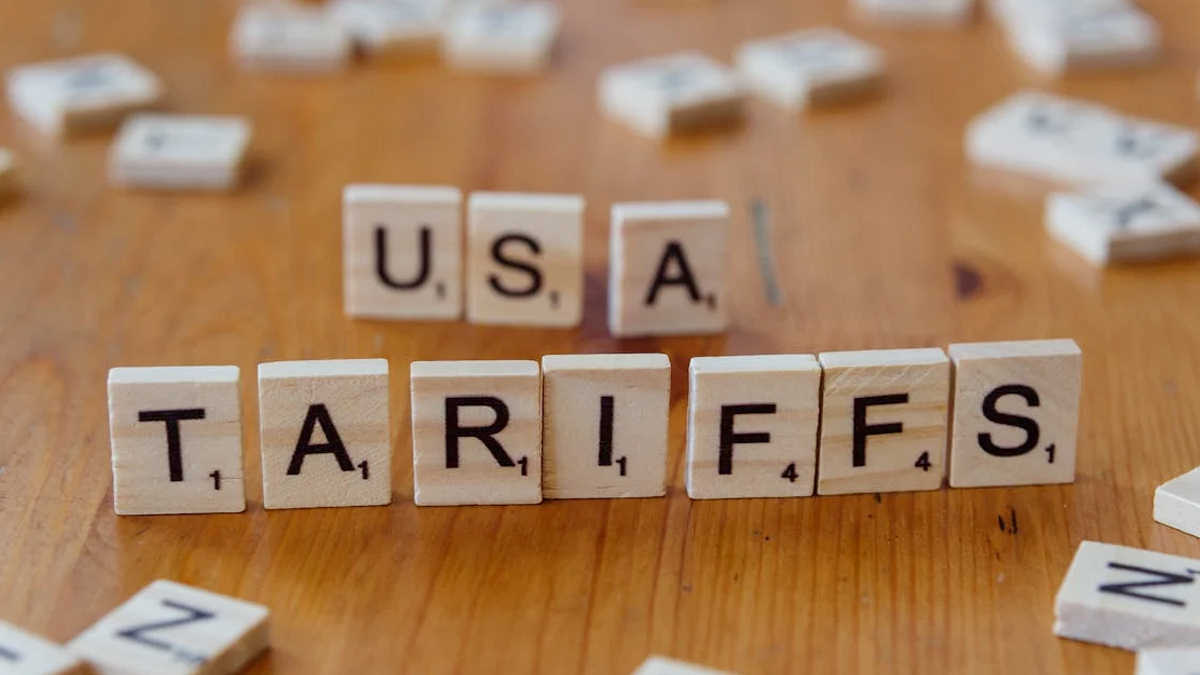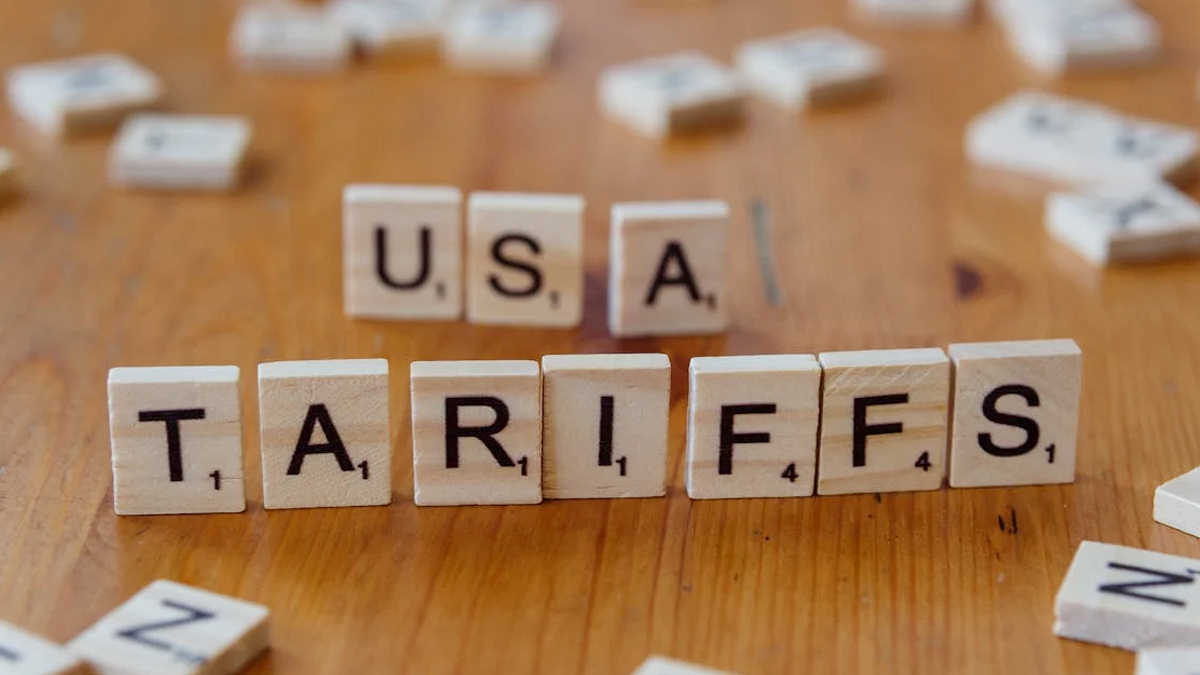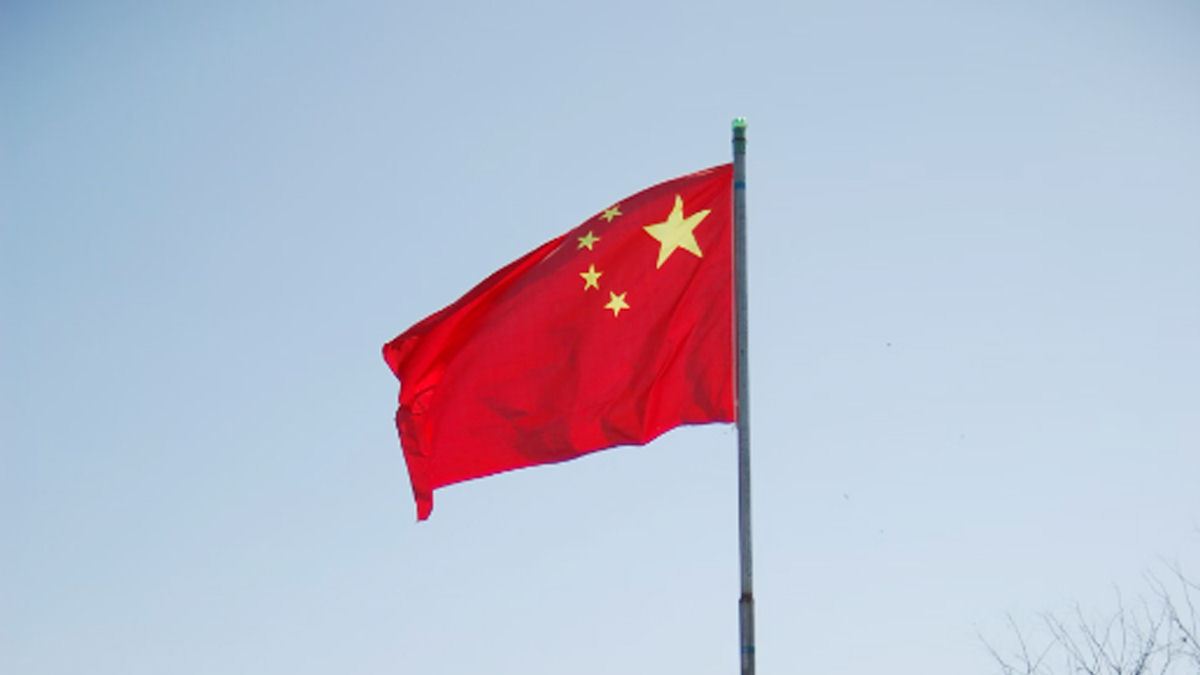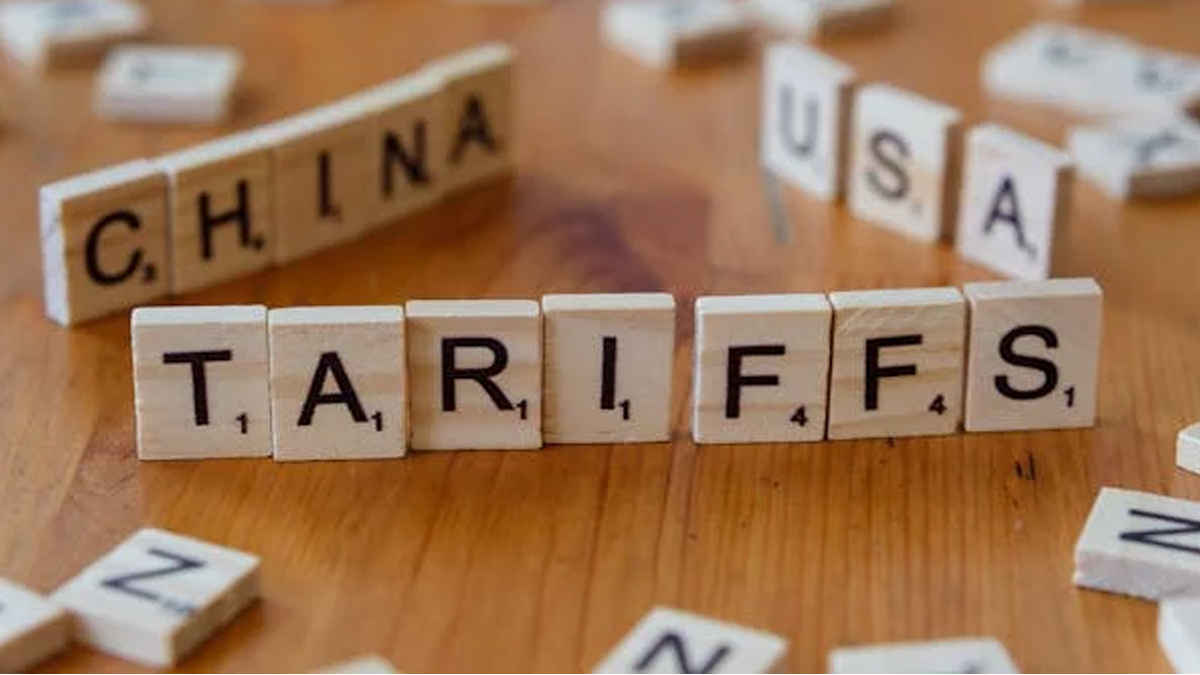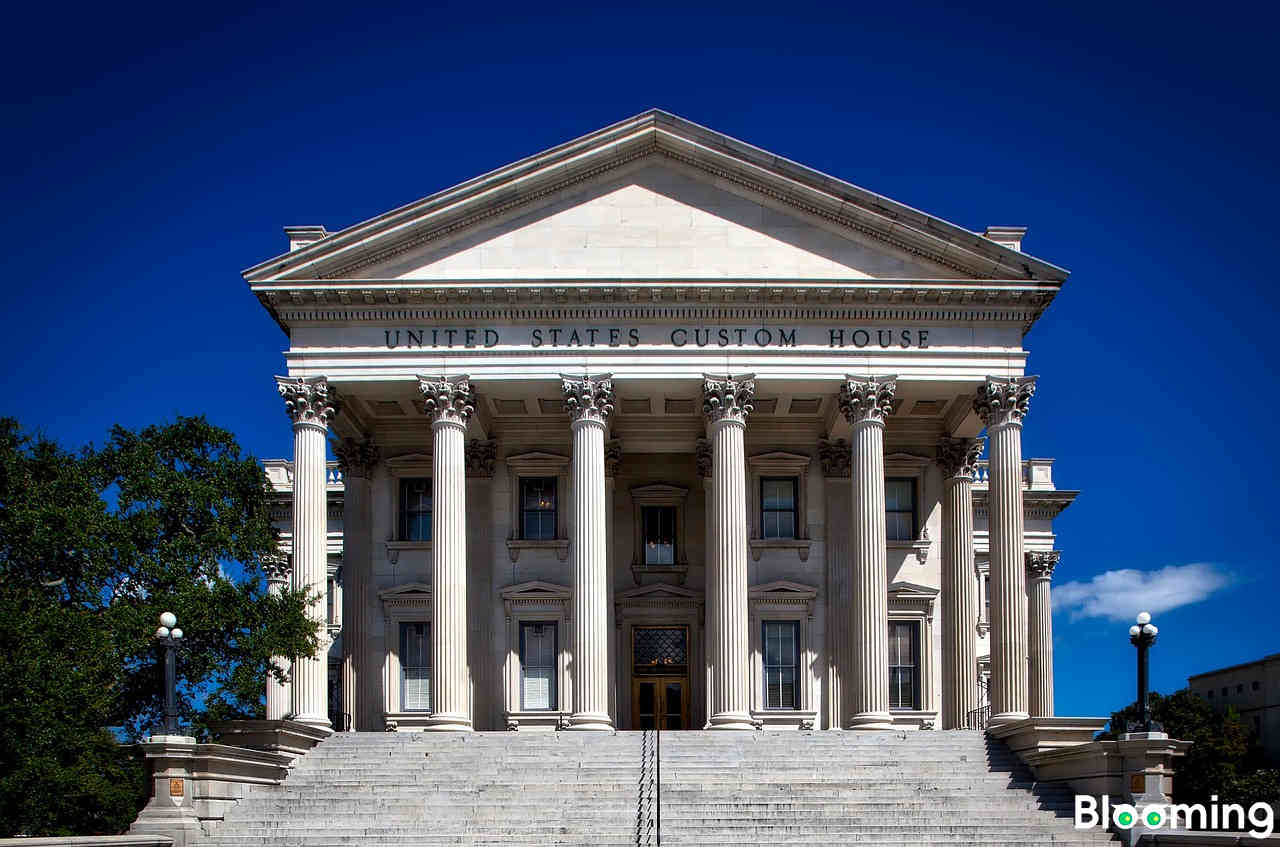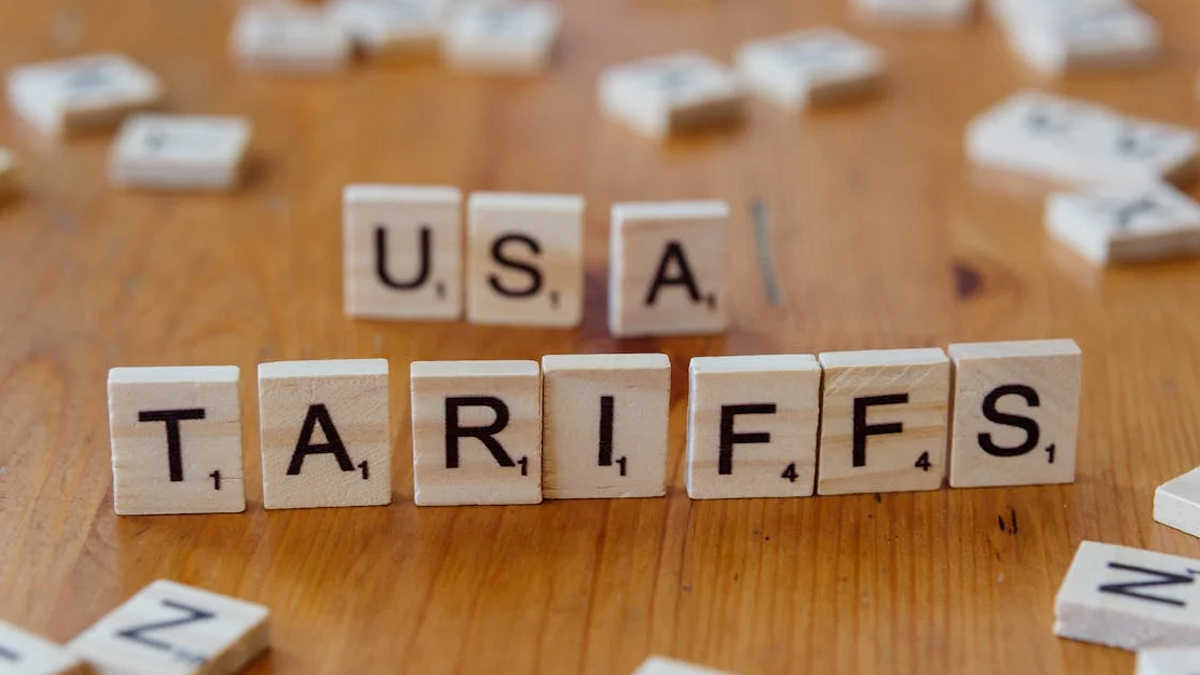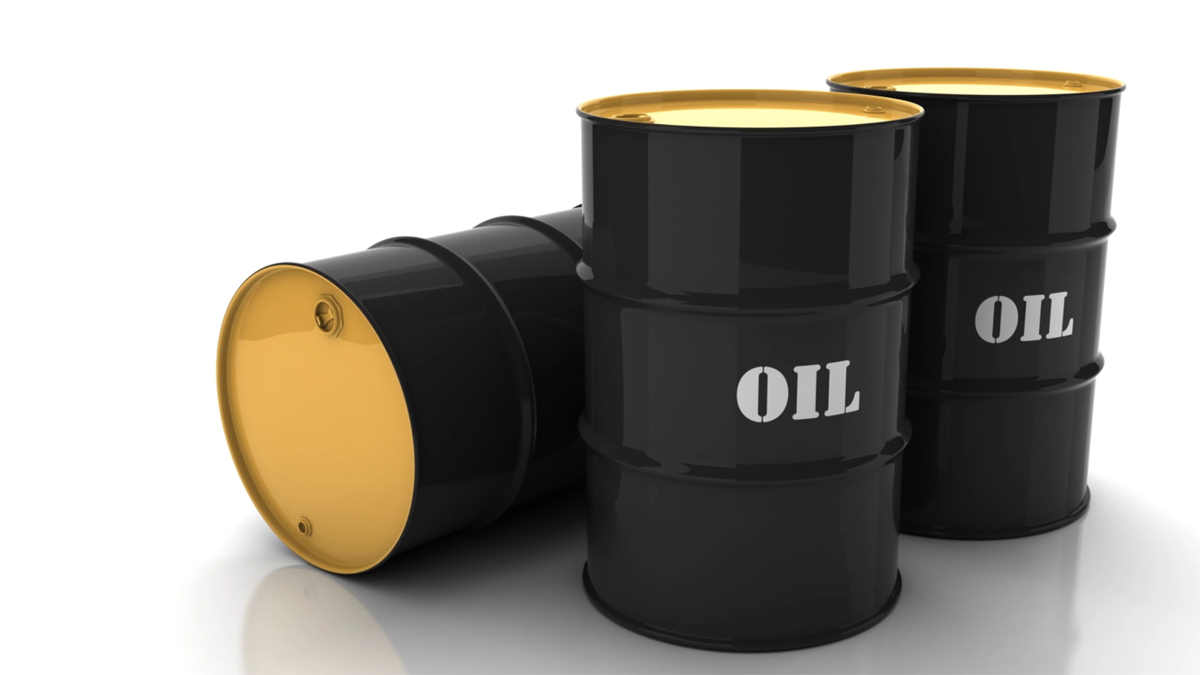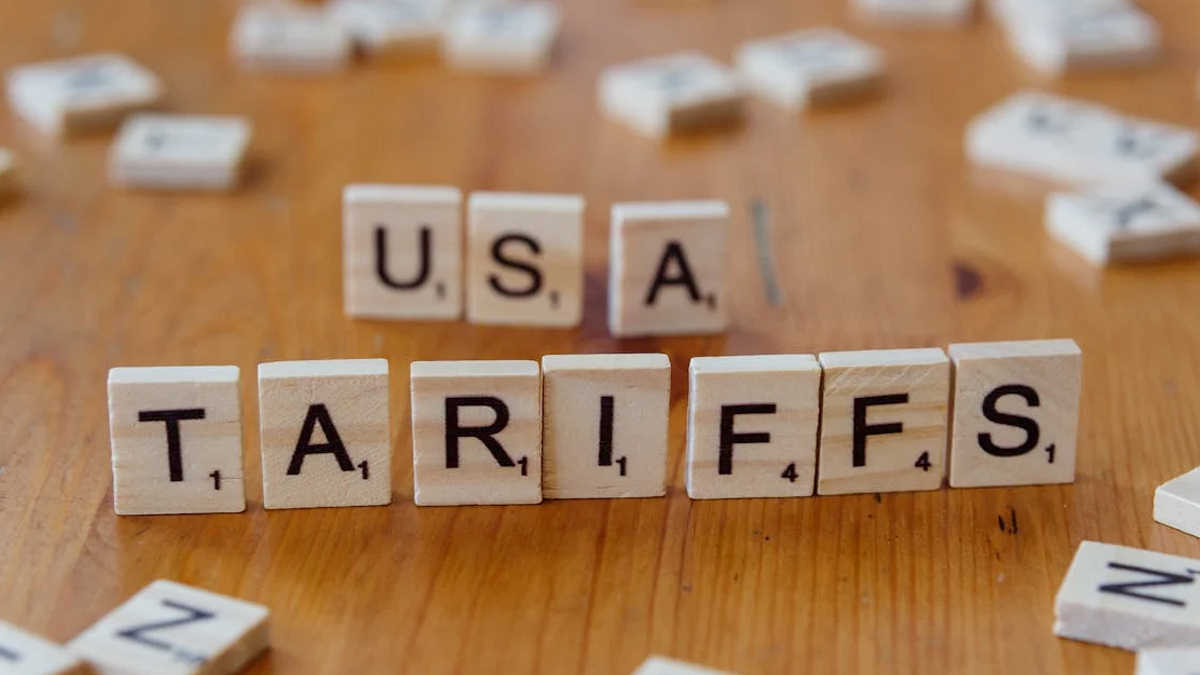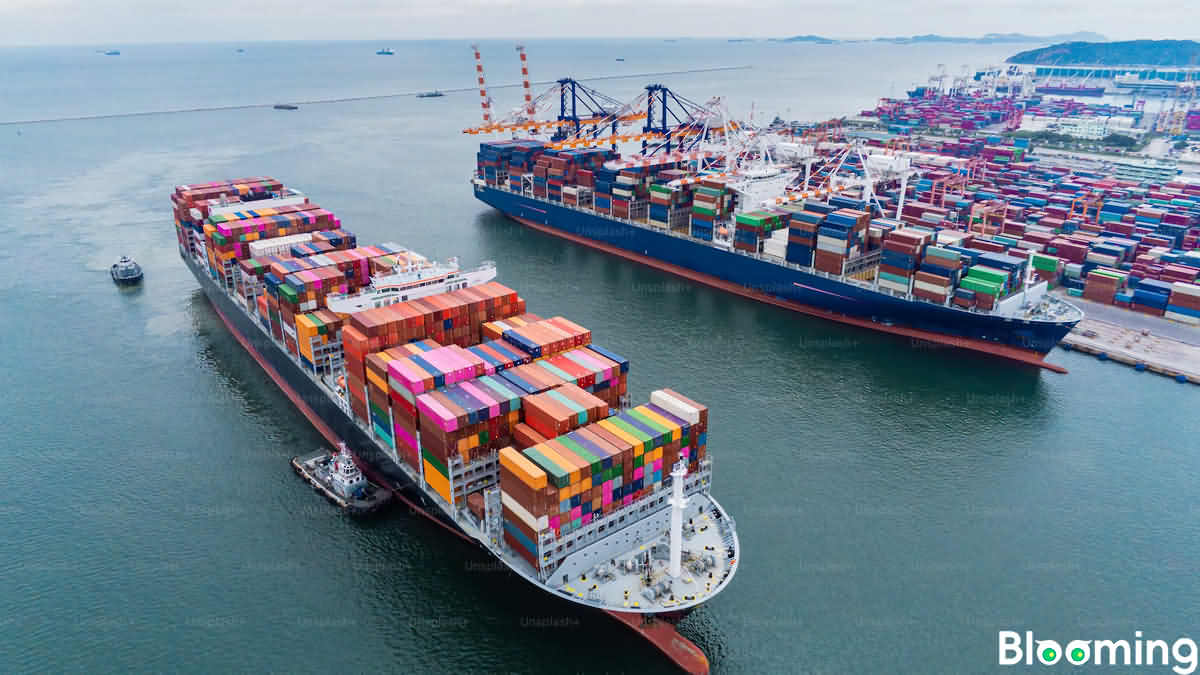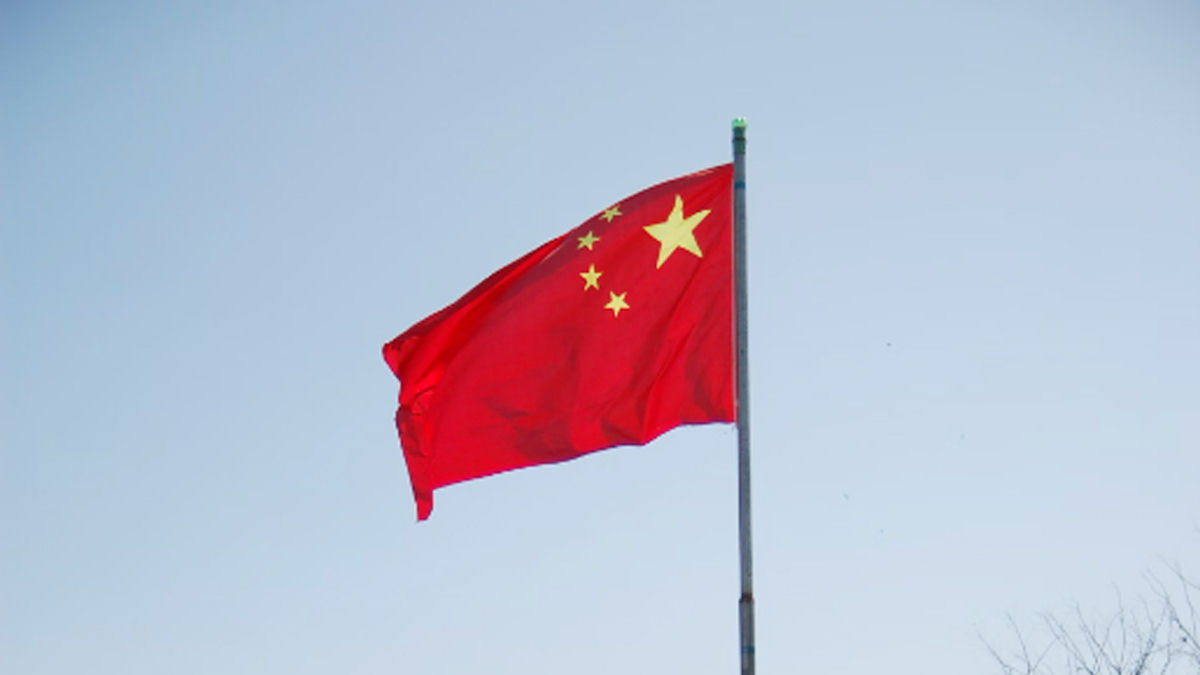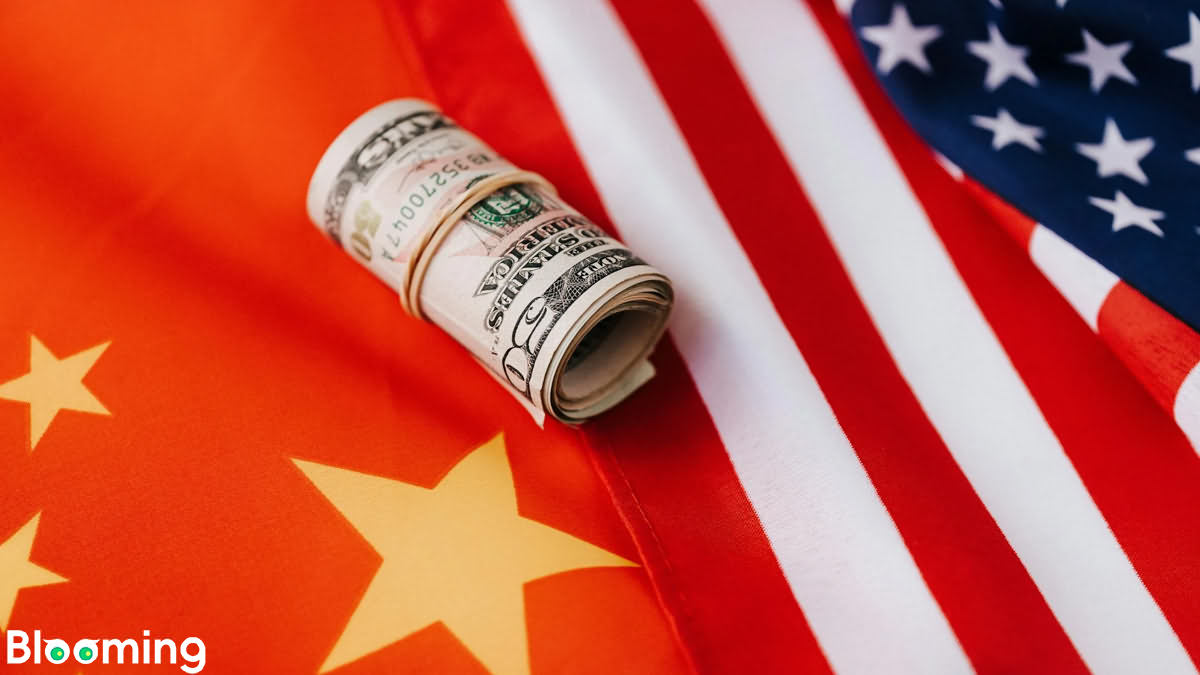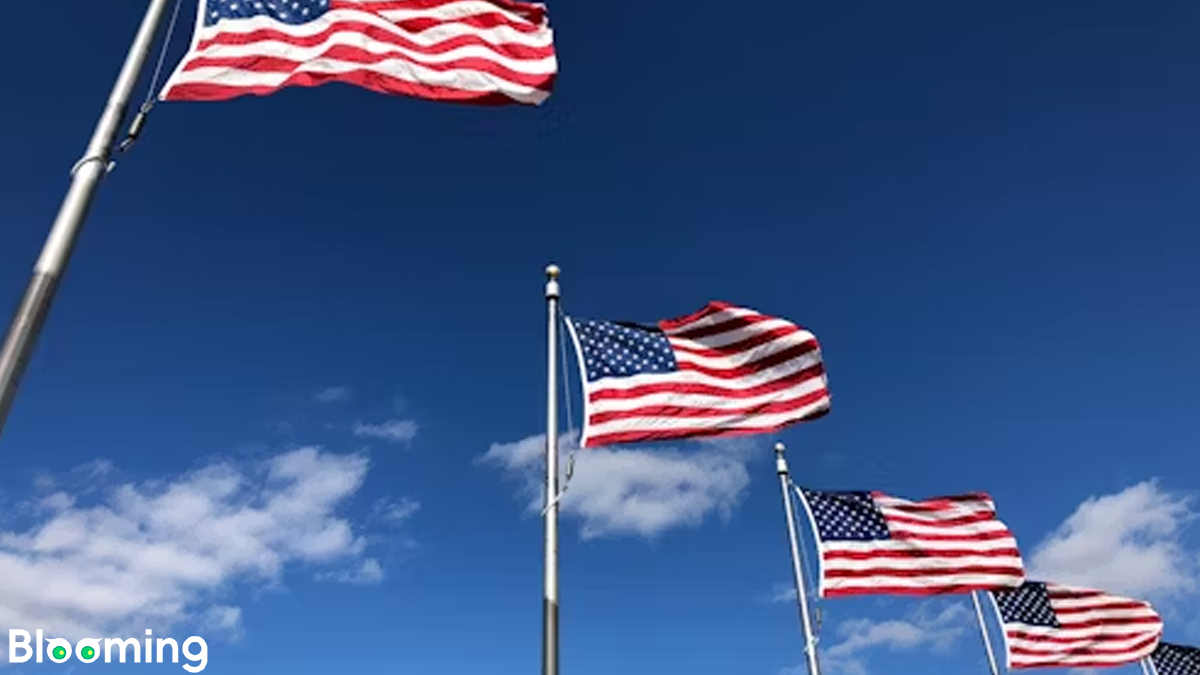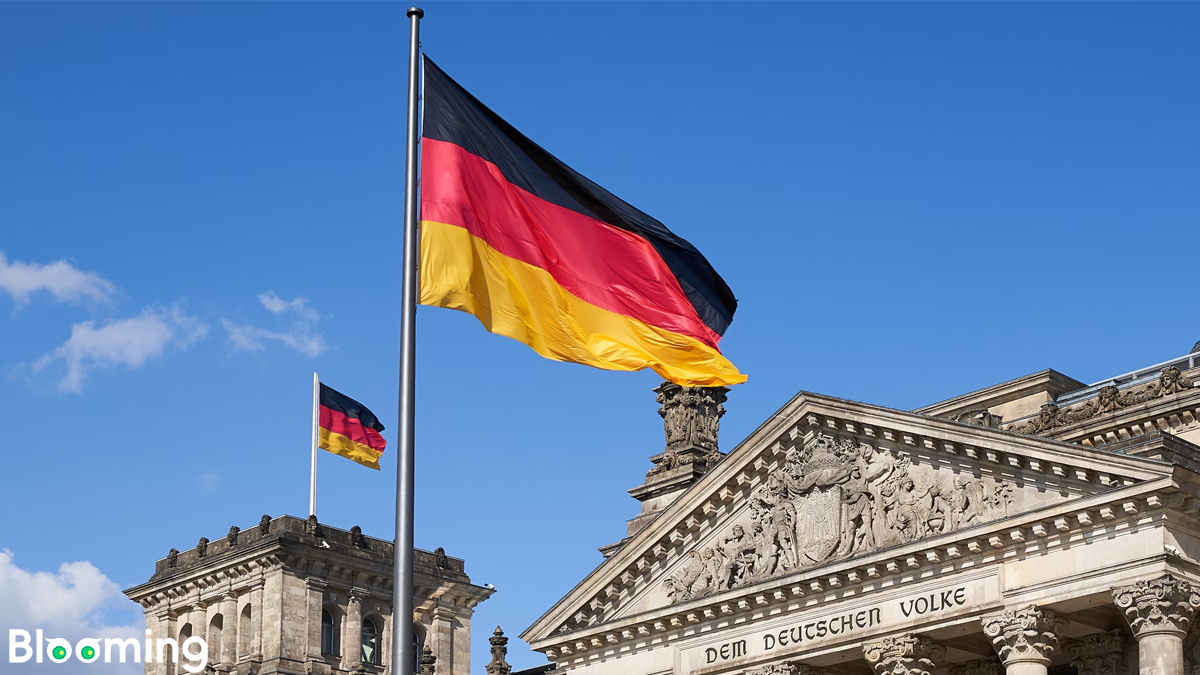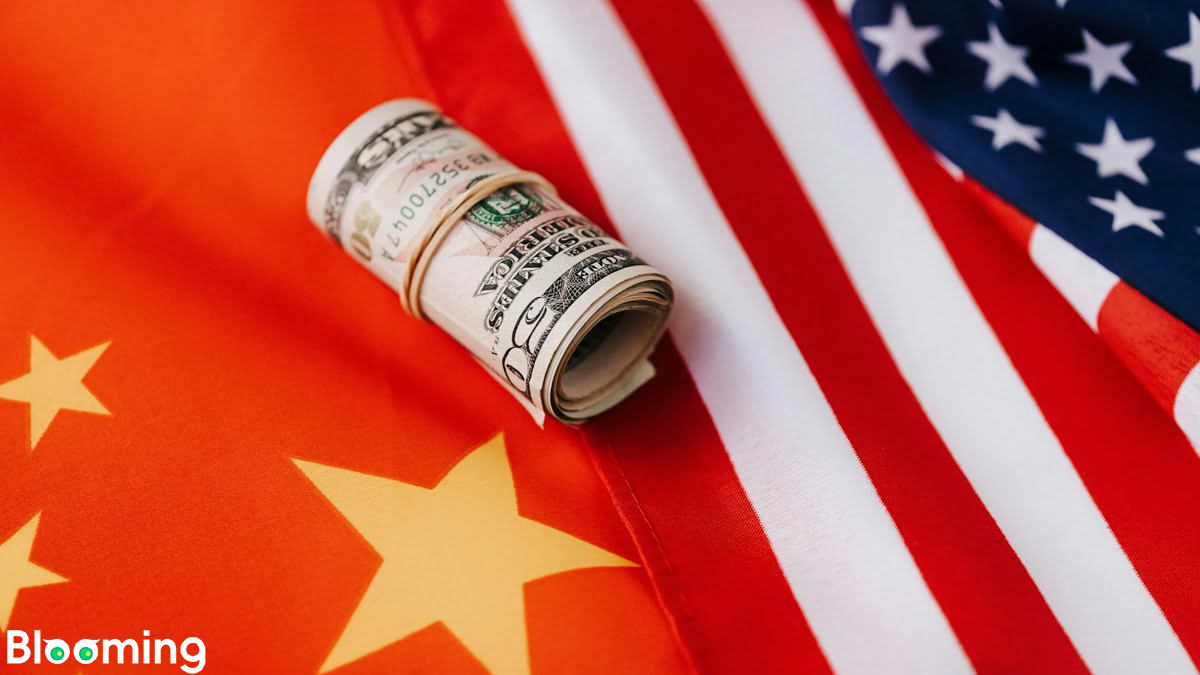Tariffs
About Tariffs global trade information, exclusive product market analysis, hot news and reports.
-
09 Jul 2025
Trump Sends Letters to 14 Countries Threatening Tariffs
On July 7, U.S. President Donald Trump sent letters to 14 countries, including Japan, South Korea, and South Africa, threatening to impose tariffs.
-
29 Apr 2025
Chile, Canada, and Peru Oppose Potential U.S. Tariffs on Copper Imports
In response, the three countries submitted official letters to the U.S. Department of Commerce opposing the investigation.
-
24 Apr 2025
U.S. Slaps New Tariffs on Solar Imports from Four Southeast Asian Nations
The United States has announced new anti-dumping and countervailing duties on solar products imported from Cambodia, Vietnam, Thailand, and Malaysia, following the conclusion of a year-long trade investigation.
-
11 Apr 2025
China imposes an additional 125% tariff on all imported goods from the United States
Announcement of the Tariff Commission of the State Council of the People's Republic of China on Adjusting the Measures of Imposing Additional Tariffs on Imported Goods Originating from the United States
-
10 Apr 2025
China to Impose Additional 50% Tariffs on Imports Originating from the United States
Announcement of the Customs Tariff Commission of the State Council on Adjusting Tariff Measures on Imports Originating from the United States
-
10 Apr 2025
The 'Reciprocal Tariffs' Policy: A Challenge to Global Rules and the Future of Globalization
At the core of the 'Reciprocal Tariffs' policy lies a deep erosion of WTO rules and the authority of the multilateral trading system.
-
08 Apr 2025
U.S. Customs Grants In-Transit Exemption Until May 27; Issues Import Guidelines for 10% 'Reciprocal Tariff'
CBP also granted a grace period for in-transit goods. Shipments that were loaded and in final transport mode before 12:01 AM (ET) on April 5, 2025, and that arrive in the U.S. before May 27, 2025, are exempt from the 10% reciprocal tariff.
-
08 Apr 2025
Trump Imposes New Tariffs on 51 African Countries
According to a report by Agence Ecofin, on April 2, U.S. President Donald Trump announced a new round of tariffs on imported goods from various countries.
-
31 Mar 2025
U.S. Tariff Hikes Deal a Heavy Blow to Japan's Economic Foundation
Recently, the Bank of Japan (BOJ) announced that it would maintain its current interest rate levels while closely monitoring the policy moves of major economies, including the United States, before cautiously deciding on further rate hikes.
-
28 Mar 2025
U.S. Imposes 25% Tariff on Imported Cars: Impacts and Reactions
On March 26, U.S. President Donald Trump signed a proclamation at the White House announcing a 25% tariff on imported automobiles, effective April 3.
-
27 Mar 2025
President Trump Announces a 25% Tariff on All Imported Cars
On March 26, U.S. President Donald Trump signed an executive order at the White House, announcing a 25% tariff on all imported cars. The measure will take effect on April 2.
-
26 Mar 2025
The United States Will Impose a 25% Tariff on All Goods from Countries Importing Venezuelan Oil
The White House's statement said that starting from April 2nd, the United States may impose a 25% tariff on all goods imported from any country that directly or indirectly imports Venezuelan oil.
-
18 Mar 2025
Tariff Retaliation Threatens Nearly 8 Million U.S. Jobs
The *New York Times* recently published an article highlighting the impact of retaliatory tariffs imposed by other countries on the United States, warning that nearly 8 million American jobs could be affected
-
14 Mar 2025
EU and Canada Announce Retaliatory Tariffs on U.S. Goods
On March 12, the European Commission announced retaliatory tariffs on €26 billion ($28.3 billion) worth of U.S. goods, citing unjustified U.S. tariffs on EU steel and aluminum imports.
-
10 Mar 2025
Announcement by the Customs Tariff Commission of the State Council of China on Imposing Additional Tariffs on Certain Imports Originating from Canada
China will impose additional tariffs on certain imports originating from Canada, effective March 20, 2025.
-
10 Mar 2025
U.S. Unilaterally Imposes Tariffs on China Over Fentanyl Issue, Violating International Law
The U.S. unilateral tariff increase on Chinese goods is a blatant violation of the Most-Favored-Nation (MFN) principle under the World Trade Organization (WTO).
-
19 Feb 2025
U.S. to Implement New Import Tariffs on Foreign Cars Starting April 2, Impacting Japanese, Korean, and German Automakers
Former U.S. President Donald Trump recently announced plans to impose tariffs on imported cars beginning April 2. Given the major sources of U.S. auto imports, this decision is expected to affect automakers from Japan, South Korea, and Germany.
-
19 Feb 2025
Bundesbank: U.S. Tariff Policies Could Severely Impact German Economy
The President of the German Bundesbank, Joachim Nagel, recently warned that potential U.S. protectionist trade policies pose a significant risk to Germanys export-driven economic growth.
-
15 Feb 2025
China's Ministry of Commerce Responds to U.S. Tariff Increases on Steel and Aluminum
The U.S. approach is a typical example of unilateralism and protectionism. Many countries have explicitly voiced their opposition, and there is also significant opposition within the United States.

